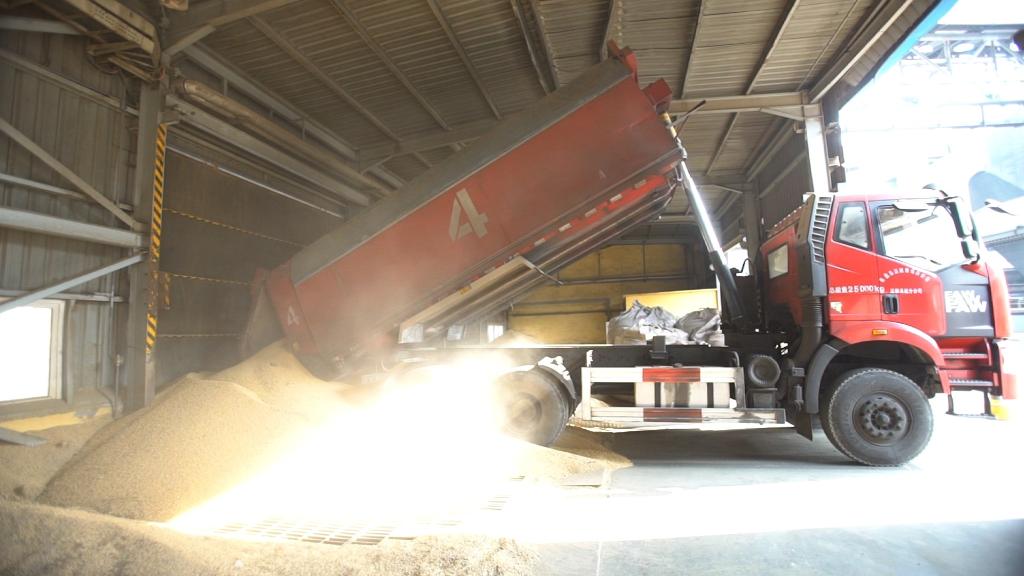
President Trump is granting more exemptions to his steel and aluminum tariffs — and dodging a trade war with key US allies.
The European Union, Argentina, Brazil, South Korea and Australia will not be subject to the trade penalties when they take effect Friday, US Trade Representative Robert Lighthizer told a Senate committee Thursday.
Exemptions for Canada and Mexico were previously announced.
The announcement ends weeks of speculation and uncertainty, and it dramatically shrinks the impact of what first appeared to be sweeping tariffs.
Trump announced on March 1 that imported steel would be taxed at 25%, and foreign aluminum at 10%.
The European Union explicitly said it would retaliate with tariffs on US exports. Canada and Mexico threatened tariffs, too. Brazil also hinted at retaliation. Those threats, among others, raised fears of a global trade war.
But the exemptions mean that the top four steel exporters to the United States, and four of the top seven aluminum exporters, will be left out of the tariffs, according to US government data and Panjiva, a research firm owned by S&P Global.
The Trump administration claims imported steel and aluminum pose a risk to US national security. Many US allies heavily lobbied for exemptions earlier this week at the meeting of G20 finance ministers meetings in Buenos Aires.
Treasury Secretary Steven Mnuchin met with more than a dozen leaders there, and trade was the top agenda item, though it wasn't on the official G20 schedule.
While free traders' worst fears on these tariffs will not be realized, Trump is expected to announce additional tariffs on China on Thursday for its theft of US intellectual property. A trade conflict between the US and China, the world's two largest economies, has many people worried.


